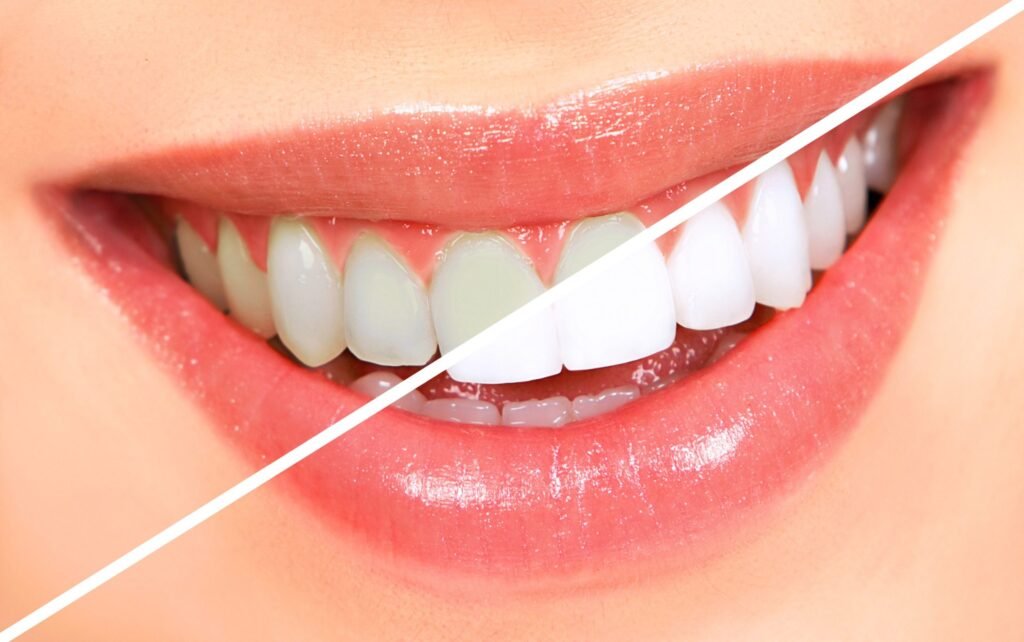A bright, white smile is often associated with good oral health and confidence. As a result, teeth whitening has become a popular cosmetic dental procedure. Before you jump into the world of teeth whitening, it’s essential to understand some key facts to make informed decisions about your oral care. Here are five crucial facts about teeth whitening that you should know.
- Not All Teeth Whitening Methods Are Equal: There are various teeth whitening methods available, ranging from over-the-counter products to professional treatments performed by dentists. Over-the-counter options like whitening toothpaste and strips are convenient but may not deliver the same results as professional treatments. Professional treatments, such as in-office whitening or take-home kits provided by dentists, use higher concentrations of whitening agents for more effective results. Consulting with a dental professional can help determine the most suitable method for your specific needs.
- Causes of Tooth Discoloration Differ: Understanding the root cause of tooth discoloration is crucial for effective teeth whitening. Common causes include stains from food and beverages (such as coffee, tea, and red wine), tobacco use, aging, and certain medications. Teeth whitening is generally effective for stains caused by external factors, but it may not be as successful for intrinsic stains that occur within the tooth. Consulting with a dentist can help identify the cause of discoloration and determine the appropriate whitening approach.
- Sensitivity is a Common Side Effect: Many individuals experience increased tooth sensitivity during or after teeth whitening treatments. This sensitivity is usually temporary and can be managed with desensitizing toothpaste or other recommended products. It’s essential to follow the instructions provided by your dentist or the whitening product to minimize the risk of sensitivity. If you already have sensitive teeth, discussing this with your dentist beforehand can help tailor the treatment to your needs.
- Results Are Not Permanent: While teeth whitening can significantly enhance the brightness of your smile, the results are not permanent. The duration of the whitening effects depends on various factors, including lifestyle choices and oral hygiene practices. Avoiding staining substances, practicing good oral hygiene, and scheduling periodic touch-ups can help prolong the results. Maintaining realistic expectations about the longevity of teeth whitening outcomes is crucial for overall satisfaction.
- Not Everyone Is a Candidate for Teeth Whitening: Teeth whitening may not be suitable for everyone. Pregnant or lactating women, individuals with certain dental conditions (such as cavities or gum disease), and those with intrinsic stains may not be ideal candidates for teeth whitening. A thorough dental examination is necessary before undergoing any whitening procedure to ensure that your oral health is in good condition and that the chosen method is appropriate for you.
Conclusion:
Teeth whitening can be a transformative and confidence-boosting experience, but it’s essential to approach it with knowledge and consideration. Consulting with a dental professional, understanding the causes of tooth discoloration, managing potential side effects, and realistic expectations are key elements for a successful teeth whitening journey. Armed with these facts, you can confidently pursue a brighter, whiter smile while prioritizing your overall oral health.


